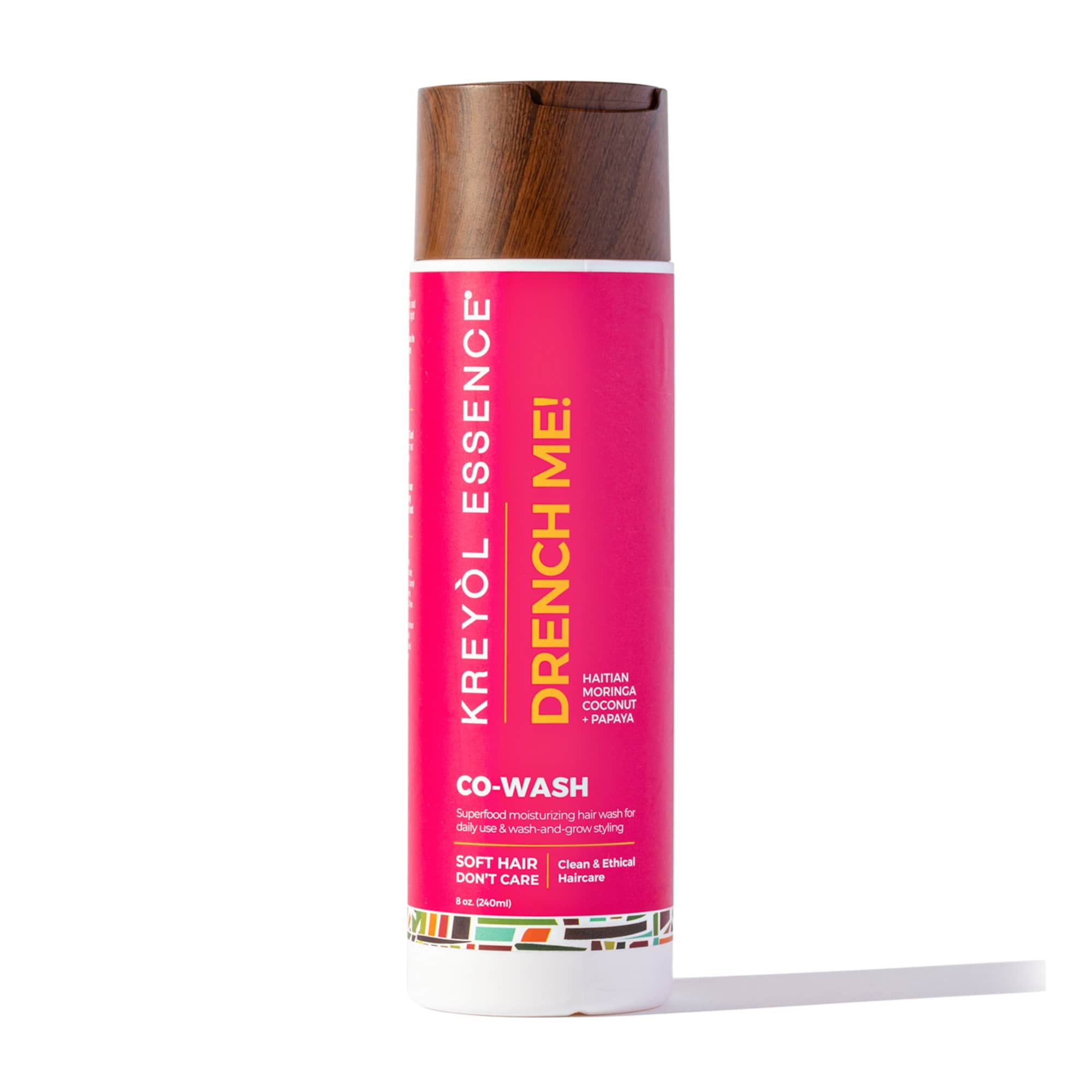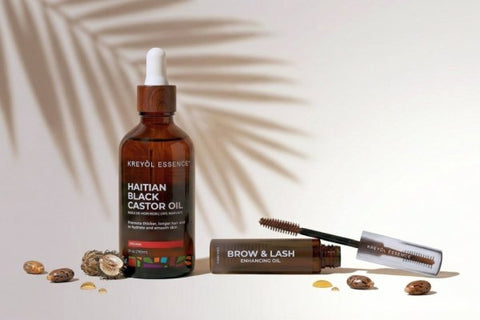Beauty 101
The Signature Scent in Skincare and Personal Care Products

What is Fragrance?
Fragrance is a blend of aromatic compounds used to impart a pleasant scent to personal care products, cosmetics, household items, and even industrial formulations. It can be derived from natural essential oils, synthetic ingredients, or a combination of both. Fragrance plays a significant role in enhancing the sensory experience of a product and influencing consumer preferences.
How is Fragrance Used?
Fragrance is incorporated into a wide range of products to create appealing scents and mask undesirable odors. Some of its primary applications include:
- Skincare and Cosmetics: Added to lotions, creams, serums, and makeup to provide a pleasant aroma and enhance the overall user experience.
- Hair Care Products: Used in shampoos, conditioners, and styling products to leave hair smelling fresh and clean.
- Perfumes and Colognes: The most concentrated form of fragrance, designed to linger on the skin and clothing for an extended period.
- Household Products: Found in detergents, fabric softeners, air fresheners, and cleaning agents to create a fresh-smelling environment.
- Personal Care Items: Included in deodorants, body washes, and soaps to enhance cleanliness and freshness.
- Industrial Applications: Used in some medical and pharmaceutical products to improve scent and mask chemical odors.
Why is Fragrance Popular?
Fragrance is a key factor in consumer decision-making. Many people associate specific scents with memories, emotions, or cleanliness, making fragrance an important element in product formulation. Additionally, pleasant scents can enhance relaxation, uplift mood, and create a luxurious experience.
Benefits of Fragrance
- Enhances Product Appeal: Makes skincare, hair care, and personal care products more enjoyable to use.
- Masks Unpleasant Odors: Helps neutralize natural or chemical smells in formulations.
- Creates a Sensory Experience: Evokes emotions, relaxation, and well-being through scent association.
- Available in Natural and Synthetic Forms: Offers flexibility for brands to cater to different consumer preferences.
- Boosts Consumer Loyalty: Many users become attached to specific scents, leading to repeat purchases.
Considerations
While fragrance enhances the user experience, it can sometimes cause skin sensitivity, especially for individuals with allergies or sensitive skin. Many brands now offer fragrance-free or hypoallergenic alternatives for those who prefer products without added scents.
Conclusion
Fragrance is a crucial ingredient in the beauty and personal care industry, elevating the appeal and sensory experience of various products. Whether naturally derived or synthetically created, fragrance continues to be a defining factor in consumer preferences and product formulation. However, for those with sensitivities, fragrance-free options provide alternatives without compromising on quality and effectiveness.











